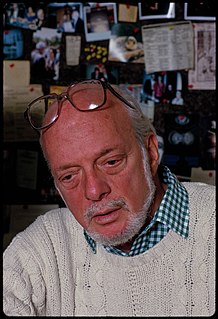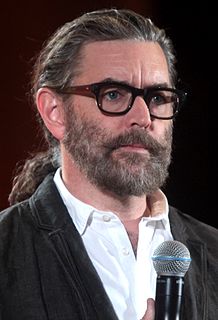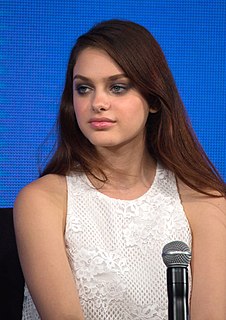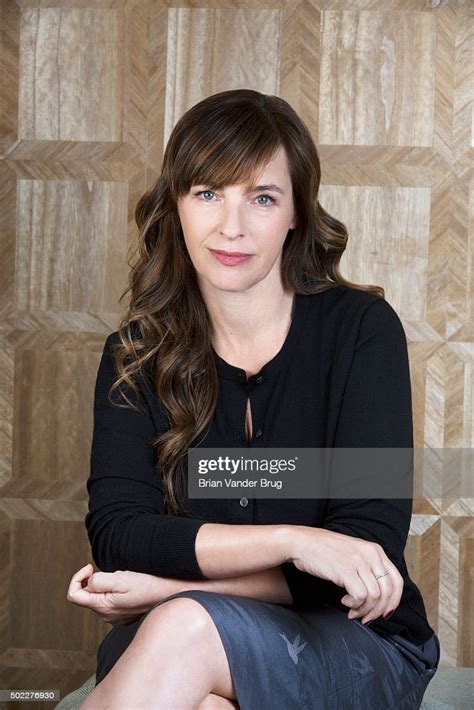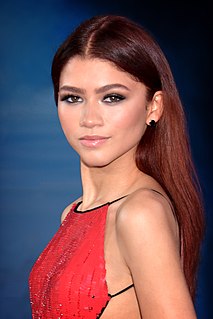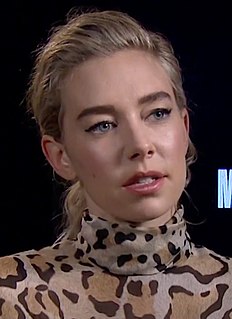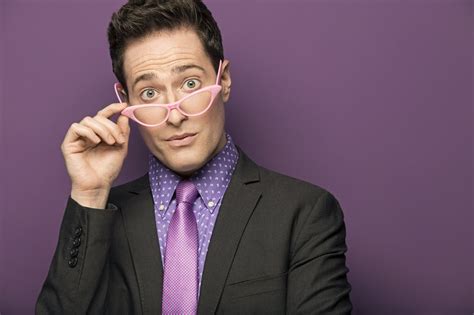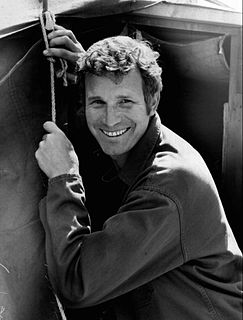A Quote by Harold Prince
I've always loved Victorian melodrama. And I've always liked larger-than-life theater, providing it's truthful and honest. I like what the theater can provide in energy and bombast - I enjoy it when it's large, and by that I don't mean in size, I mean in emotions. Shakespeare did that.
Related Quotes
When an acting teacher tells a student 'that wasn't honest work' or 'that didn't seem real,' what does this mean? In life, we are rarely 'truthful' or 'honest' or 'real'. And characters in plays are almost never 'truthful' or 'honest' or 'real'. What exactly do teachers even mean by these words? A more useful question is: What is the story the actor was telling in their work? An actor is always telling a story. We all are telling stories, all the time. Story: that is what it is all about.
I've always felt I had more in common with the modernist approach than with postmodernism, but I can see where the connection might arise - and to be honest, I'm no academic, so I tend to use these words, like in Alice In Wonderland, to mean what I want them to mean rather than what they actually do mean.
I just always liked the company. The people who hung around her were amazing storytellers, whether it was actors or crew. They were just exciting people. And I knew that they were different when I would go see a friend or stay at someone else's house. It just wasn't as cool. So I always loved the theater, and that's where I started: at a theater up in Canada.
I had always been the theater nerd at Northwestern University. I knew I wanted to do acting, but I hated the idea of being this cliche - a girl from L.A. who decides to be an actress. I wanted more than that, and I had always loved politics, so I ended up changing my major completely, and double-majoring in theater and international relations.
I grew up in a theater family. My father was a regional theater classical repertory producer. He created Shakespeare festivals. He produced all of Shakespeare's plays, mostly in Shakespeare festivals in Ohio. One of them, the Great Lakes Theater Festival in Cleveland, is still going. So I grew up not wanting to be an actor, not wanting to go into the family business.
The condition of the theater is always an accurate measure of the cultural health of a nation. A play always exists in the present tense (if it is a valuable one), and its music -- its special noise -- is always contemporary. The most valuable function of the theater as an art form is to tell us who we are, and the health of the theater is determined by how much of that we want to know.
